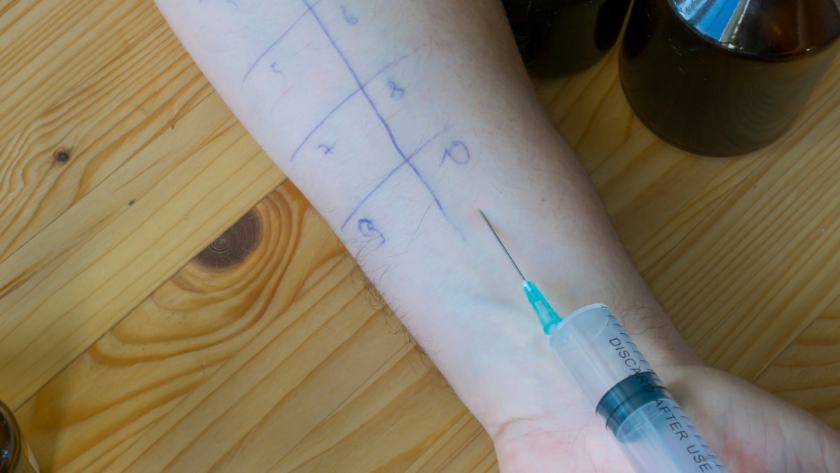Millions of people in America have allergies – a reaction of the immune system to foreign substances such as pollen, fragrance, and pet dander. The severity of allergies varies for different individuals and can range from mild irritation to a life-threatening emergency. Fortunately, allergy testing in Fort Worth may help establish the source of your allergy. Allergy symptoms affect different parts of the body, including your skin, sinuses, digestive system, and nasal passages. And this depends on which substance is involved.
Why is allergy testing necessary?
Allergy testing provides your doctor with the information necessary to develop an effective treatment plan that includes medication, allergy injections, and allergen avoidance. In addition, your specialist may use allergy skin tests to diagnose various allergic conditions that include:
- Food allergies
- Hay fever
- Dermatitis or eczema
- Penicillin allergy
- Bee venom allergy
- Allergic asthma
Is allergy testing suitable for everyone?
While skin tests are generally safe for both children and adults, your doctor may advise against allergy testing in certain instances, for example:
- If you have had a severe allergic reaction before. People with sensitive skin that is easily triggered even with tiny amounts of allergens may experience a life-threatening reaction known as anaphylaxis.
- You have skin conditions such as eczema and psoriasis affecting large areas of your skin. This may limit the space needed during testing, resulting in less effective and unreliable results.
- You are under medications such as anti-depressants and antihistamines. The medicines could interfere with test results, and your doctor may suggest that you continue with medication instead of temporarily stopping taking them in preparation for a skin test.
What are the types of allergy tests?
Skin prick test
This is also known as a scratch test and is used to check for allergic reactions to different substances. For example, your doctor may use this test to identify allergies to foods, mold, pollen, and dust mites. For children, this test is done on the upper back while on the forearm for adults. Before testing, your doctor will clean the test site with alcohol and may draw tiny marks on your skin. Then, using a lancet, your specialist will prick the extracts into your skin’s surface and will use a different lancet for each allergen. While the test is not painful, you may experience mild discomfort, which goes away in no time. Next, your doctor will add histamine and glycerin to your skin’s surface to see your skin’s reaction. Histamine triggers a skin response in most people. However, this test may not reveal the source of your allergy if you fail to react to histamine.
Your specialist will observe your skin 15 minutes after the skin pricks. An itchy bump on your skin’s surface shows that you are allergic to one of the substances tested. However, your doctor may recommend a blood test if you cannot undergo a skin test. If you are trying for food allergies, your doctor may also recommend additional tests because food allergies can be complex.
It is important to note that skin tests are not always accurate, as they may indicate an allergy when there is not or may fail to trigger a reaction when exposed to a substance you are allergic to. If you have any other concerns about allergy testing, reserve a session with your Clover Internal Medicine Associates specialist.



